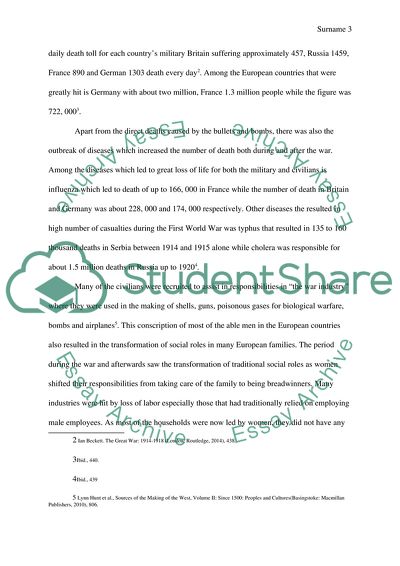Cite this document
(Effects of World War on Europe from 1900-Present Report Example | Topics and Well Written Essays - 3750 words, n.d.)
Effects of World War on Europe from 1900-Present Report Example | Topics and Well Written Essays - 3750 words. https://studentshare.org/history/1831966-effects-of-world-war-on-europe-from-1900-present
Effects of World War on Europe from 1900-Present Report Example | Topics and Well Written Essays - 3750 words. https://studentshare.org/history/1831966-effects-of-world-war-on-europe-from-1900-present
(Effects of World War on Europe from 1900-Present Report Example | Topics and Well Written Essays - 3750 Words)
Effects of World War on Europe from 1900-Present Report Example | Topics and Well Written Essays - 3750 Words. https://studentshare.org/history/1831966-effects-of-world-war-on-europe-from-1900-present.
Effects of World War on Europe from 1900-Present Report Example | Topics and Well Written Essays - 3750 Words. https://studentshare.org/history/1831966-effects-of-world-war-on-europe-from-1900-present.
“Effects of World War on Europe from 1900-Present Report Example | Topics and Well Written Essays - 3750 Words”. https://studentshare.org/history/1831966-effects-of-world-war-on-europe-from-1900-present.


